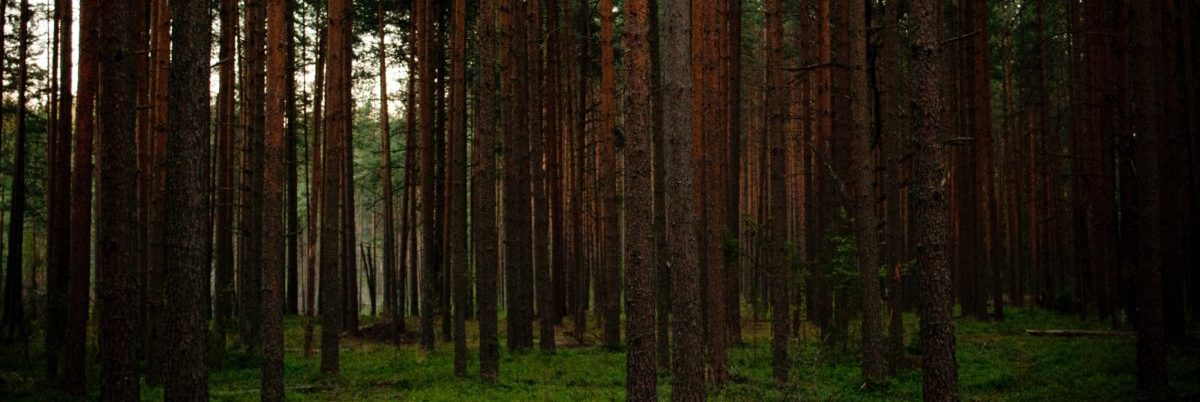My father-in-law died yesterday after a long and courageous fight with cancer. He was a man of remarkable imagination and vision, and his sanguine attitude toward long-term projects is an example to writers and to anyone else who might feel called to bite off more than they can chew. In his honor, here’s a piece I wrote about him a few years ago.
Until recently, my in-laws had a farm in South Georgia. When they bought the place, its charms weren’t altogether obvious to the casual observer. It was scrubby where it wasn’t planted in pines and swampy where it wasn’t scrubby. But my father-in-law made it the work of twenty years to beautify the place.
When he planted pines, he planted longleaf, the tree that once shaded all of South Georgia–indeed, the tree that towered over nearly every mile of Hernando Desoto’s path from Florida through the Deep South to the Mississippi River.
By the time my father-in-law was born, the longleaf had been logged to near-extinction; when the trees were replaced at all, they were replaced by faster-growing slash and loblolly pines, which produce income twice as fast as longleaf, but always fall well short of the longleaf’s native majesty. Much of South Georgia’s wealth and beauty had once been attached to the longleaf pines, before they were felled and floated down the Ocmulgee and Altamaha to the ocean, then shipped away to be the ribs of great buildings far away from Georgia. My father-in-law loves his native country; no wonder he planted longleaf. If they take forty years to grow to maturity–well, then, they take forty years. He is a man of imagination and hope.
A bare, sandy road ran between two fields on my in-laws’ property. My father-in-law always envisioned it as a grand avenue lined by spreading live oaks festooned with Spanish moss and resurrection ferns. So he went to the tree nursery to buy a few dozen baby live oaks. The nursery man squinted at my father-in-law, who was well into his sixties at the time. “You realize,” he said, “that it takes a live oak a hundred years to grow up?”
“A hundred years?!” my father-in-law answered. “Then we don’t have a day to waste!”
That’s vision.
Those longleaf pines on my in-laws’ farm will one day tower straight and high like the pillars of God’s own house. But the man who planted them will never see it. That avenue of oaks will be a sprawling marvel one day–but not during my father-in-law’s life or his children’s lives, and maybe not in his grandchildren’s lives.
Still and all, it is a good work to plant a tree. We don’t have a day to waste.








